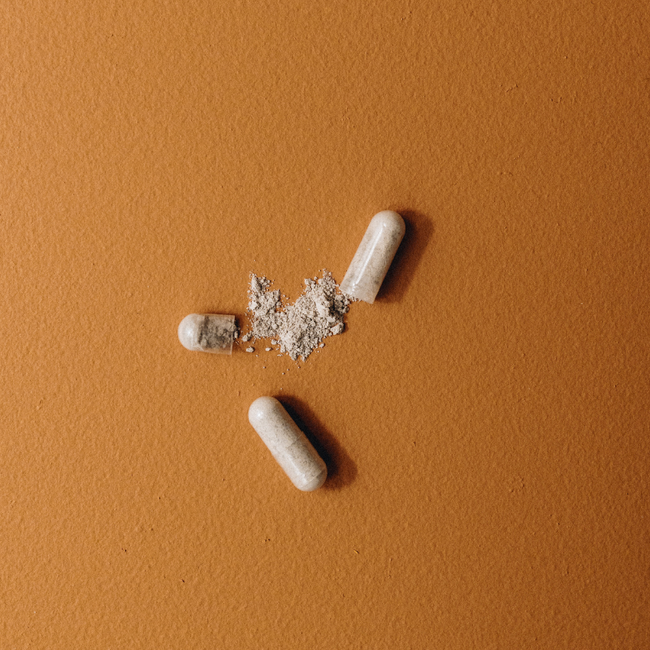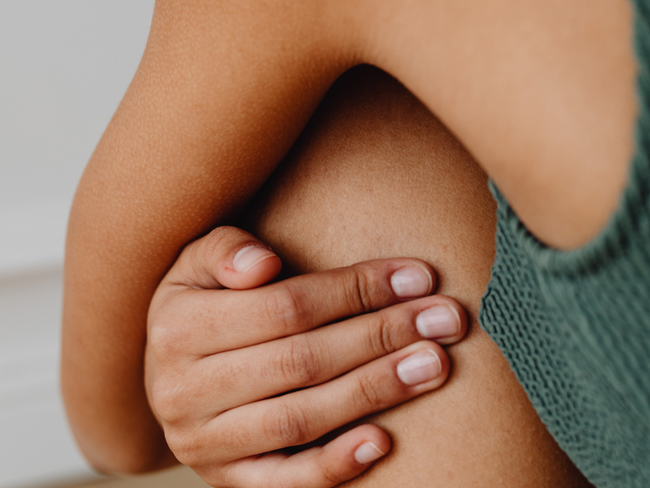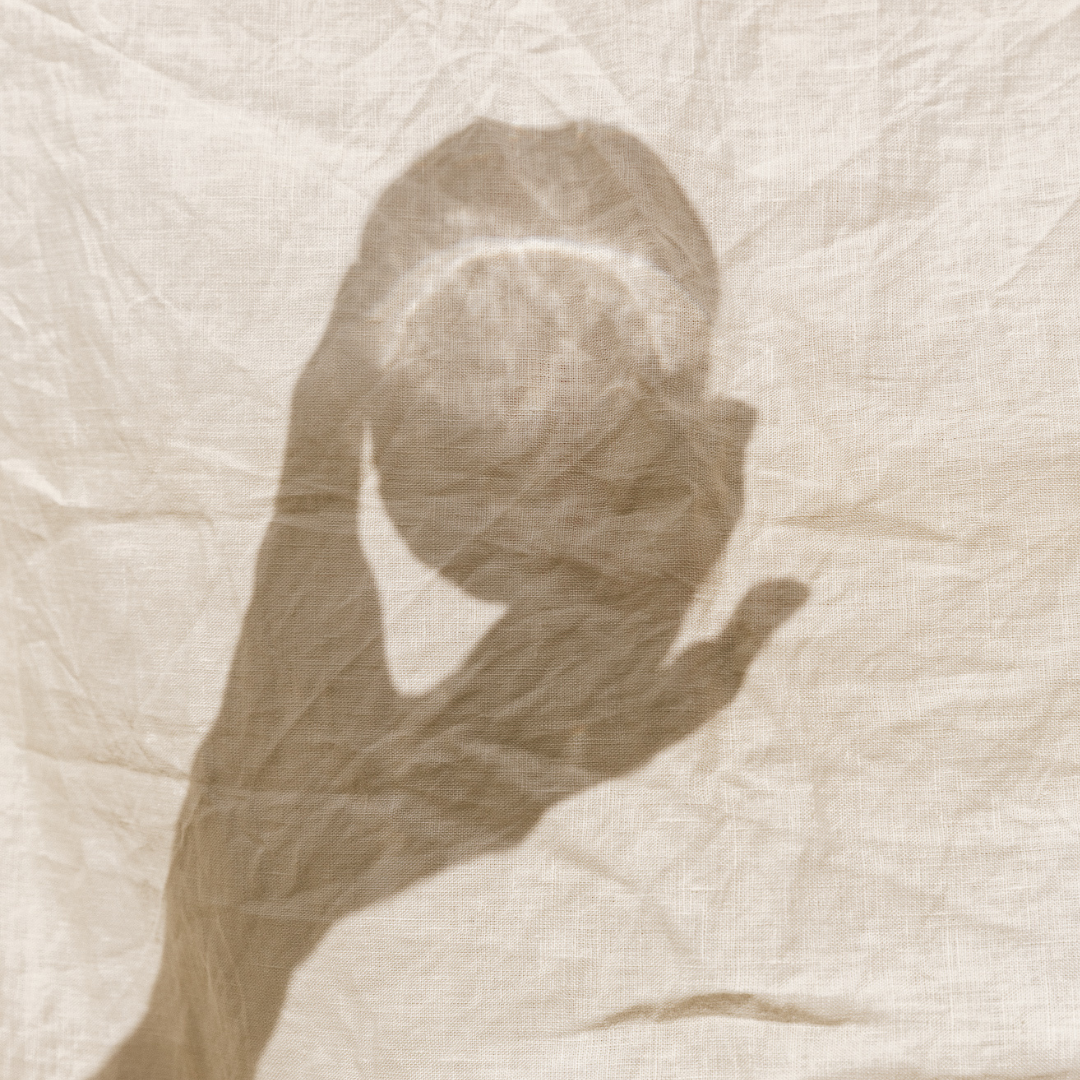Saffron:
[1] Bukhari SI, Manzoor M., Dhar MK “A comprehensive review of the pharmacological potential of Crocus sativus and its bioactive apocarotenoids”. Biomed Pharmacother [Online]. February 2018. Vol. 98, p. 733-745. Available at: < https://doi.org/10.1016/j.biopha.2017.12.090 >
[2] Noorbala AA andal. “Hydro-alcoholic extract of Crocus sativus L. versus fluoxetine in the treatment of mild to moderate depression: a double-blind, randomized pilot trial”. Journal of Ethnopharmacology [Online]. February 28, 2005. Vol. 97, n°2, p. 281-284. Available at: < https://doi.org/10.1016/j.jep.2004.11.004 >
[3] Basiri Moghadam M. andal. “Comparison of the Anxiolytic Effects of Saffron (Crocus sativus. L) and Diazepam Before Herniorrhaphy Surgery: A Double Blind Randomized Clinical Trial”. Zahedan Journal of Research in Medical Sciences [Online]. March 26, 2016. Vol. In Press,. Available at: < https://doi.org/10.17795/zjrms-6248 >
[4] Talaei A. andal. “Crocin, the main active saffron constituent, as an adjunctive treatment in major depressive disorder: A randomized, double-blind, placebo-controlled, pilot clinical trial”. Journal of Affective Disorders [Online]. March 15, 2015. Vol. 174, p. 51-56. Available at: < https://doi.org/10.1016/j.jad.2014.11.035 >
[5] Tabeshpour J. andal. “A double-blind, randomized, placebo-controlled trial of saffron stigma (Crocus sativus L.) in mothers suffering from mild-to-moderate postpartum depression”. Phytomedicine [Online]. December 1, 2017. Vol. 36, p. 145-152. Available at: < https://doi.org/10.1016/j.phymed.2017.10.005 >
[6] Mazidi M. andal. “A double-blind, randomized and placebo-controlled trial of Saffron (Crocus sativus L.) in the treatment of anxiety and depression”. Journal of Complementary and Integrative Medicine [Online]. June 1, 2016. Vol. 13, n°2, p. 195‑199. Available at: < https://doi.org/10.1515/jcim-2015-0043 >
[7] Basiri Moghadam M. andal. “Comparison of the Anxiolytic Effects of Saffron (Crocus sativus. L) and Diazepam Before Herniorrhaphy Surgery: A Double Blind Randomized Clinical Trial”. Zahedan Journal of Research in Medical Sciences [Online]. March 26, 2016. Vol. In Press,. Available at: < https://doi.org/10.17795/zjrms-6248 >
L-tyrosine:
[1] Bouget. “Proteins and amino acids: uses by athletes and advice at the pharmacy”, May 2020.
[2] Ayano. “Dopamine: Receptors, Functions, Synthesis, Pathways, Locations and Mental Disorders: Review of Literatures”, 2016.
[3] Inserm. “For pleasure: What is dopamine? · Inserm, Science for health”, March 2023
L-tryptophan:
[1] Bouget. “Proteins and amino acids: uses by athletes and advice at the pharmacy”, May 2020.
[2] Sainio, EL, K. Pulkki, and SN Young. “L-Tryptophan: Biochemical, Nutritional and Pharmacological Aspects,” March 1996.
[3] Lindseth G., Helland B., Caspers J. “The Effects of Dietary Tryptophan on Affective Disorders”. Arch Psychiatr Nurs [Online]. April 2015. Vol. 29, n°2, p. 102-107. Available at: < https://doi.org/10.1016/j.apnu.2014.11.008 >



























